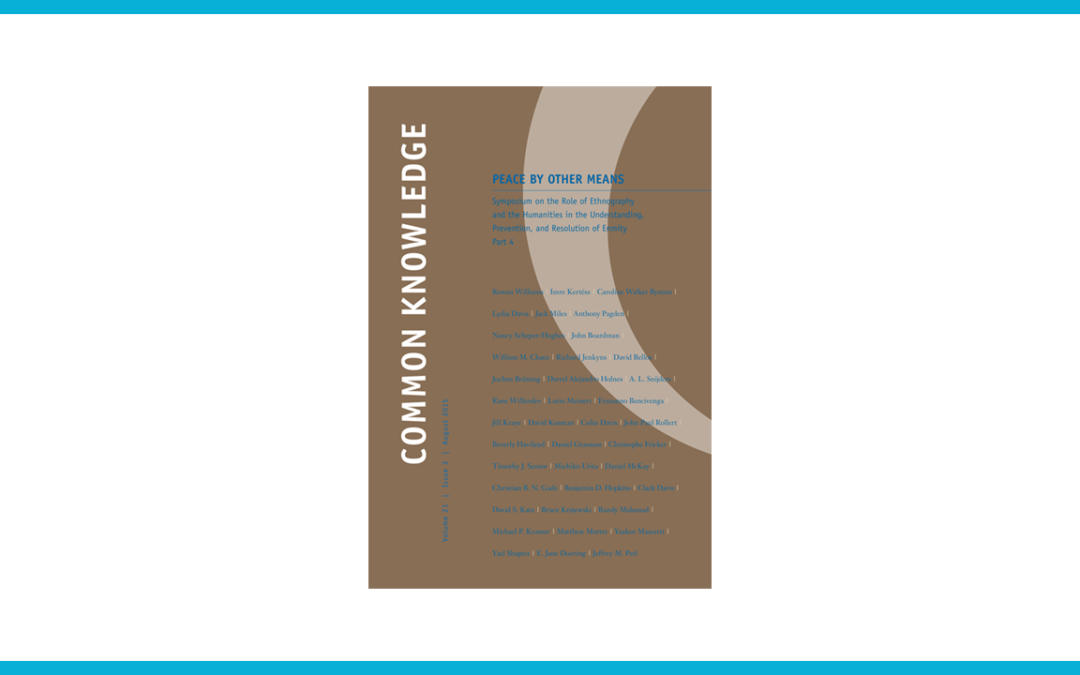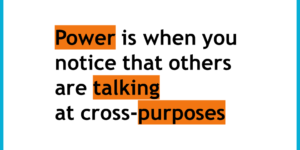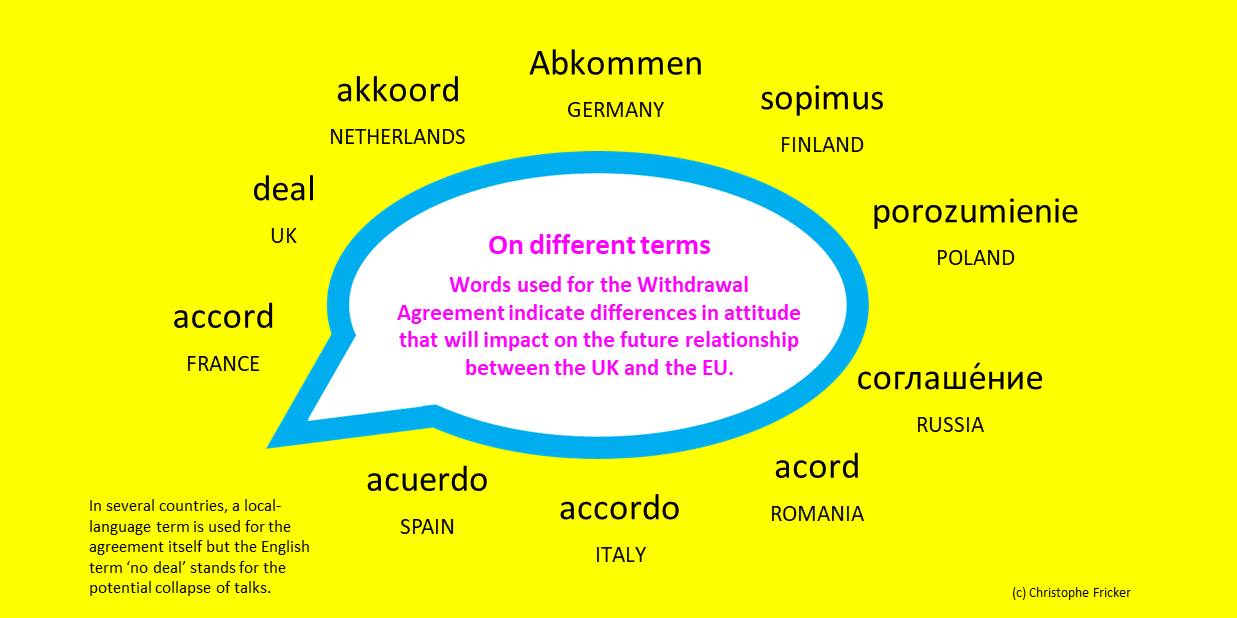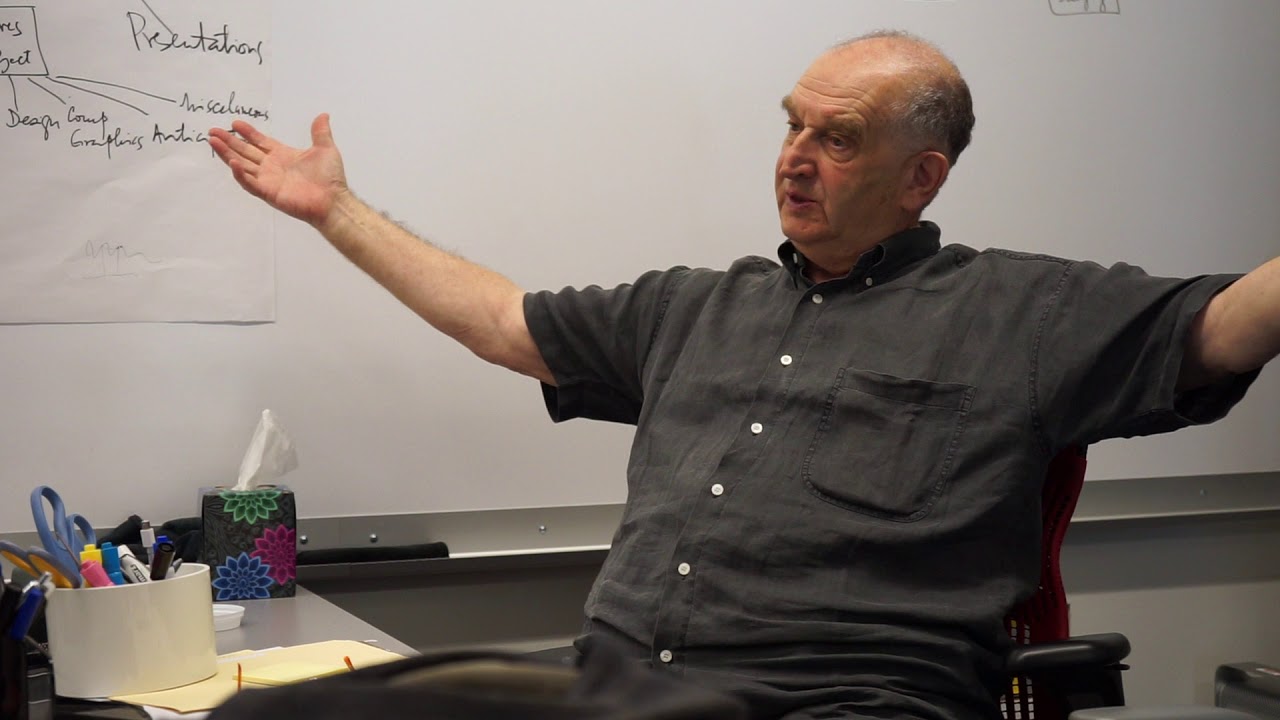In this day and age, the arts and humanities are under increasing pressure to prove their relevance to society; responding to political pressure, this is often done in economic terms. At the same time, those same economic ‘terms’ are changing. As a result, the relationship between the arts and humanities and business has become very fragile indeed. The debate about this relationship tends to be polemical and informed by dichotomies. A new form of humanities business cooperation is needed.
Timothy J. Senior and I are proposing a pathway for the arts and humanities to react to both outside pressure and the dynamics of an unhealthy debate.
Our draft proposal for a Humanities Economy has been published by Common Knowledge (in the flattering company of articles by former Archbishop of Canterbury Rowan Williams and Nobel Prize winning author Imre Kertész), in their Autumn 2015 issue.
What we are proposing in terms of humanities business cooperation
The article, heavily redacted by the editors, is meant to be a first step in an ongoing enquiry in which notions of value will come under closer scrutiny. It focuses on collaborative research projects carried out by both entrepreneurs and arts and humanities scholars. These projects increasingly perform the dual function of (1) furthering core academic research interests, so helping scholars become effective social actors, and (2) allowing companies to better navigate commercial risks by advancing their understanding of the cultural conditions in which they operate. This nexus is what we call the Humanities Economy. We propose four steps in which it can be advanced.
We welcome any kind of feedback and are more than happy to respond!
CK is available online through Project Muse, HighWire, and EBSCO. Although it is now primarily an online publication, hard copies are available through Print-on-Demand for $16 per issue. To order a copy of this issue, please e-mail orders@dukeupress.edu.







